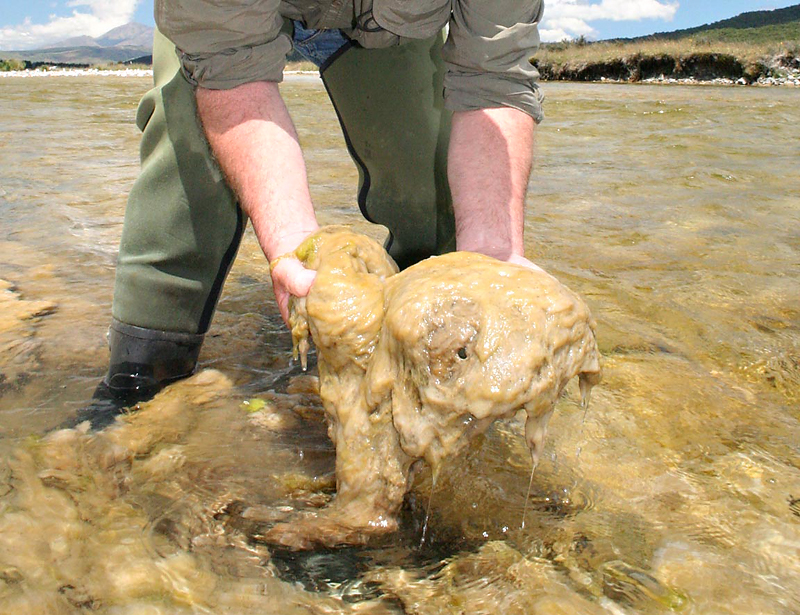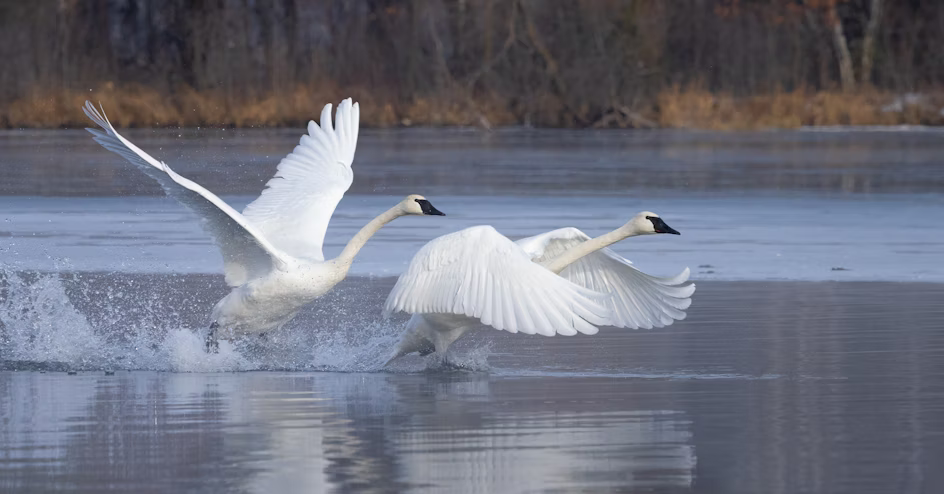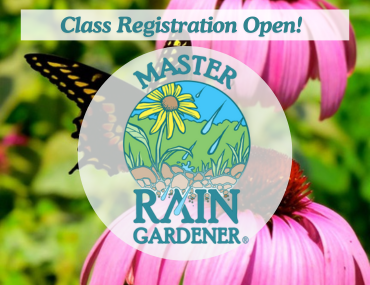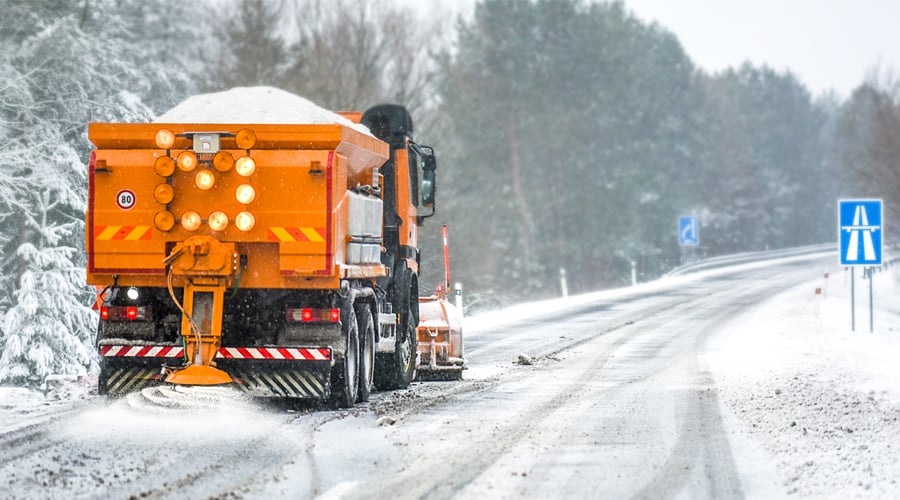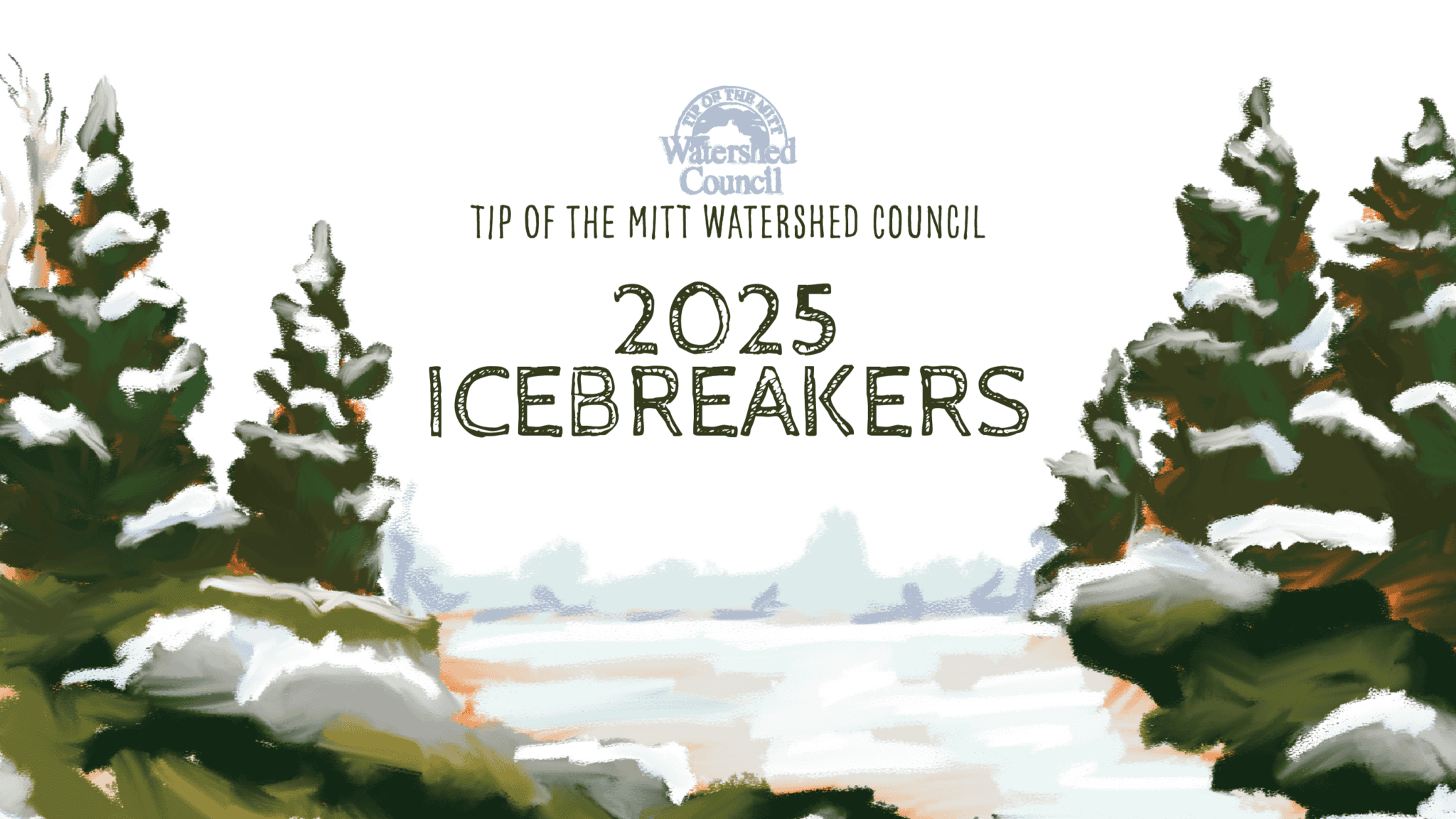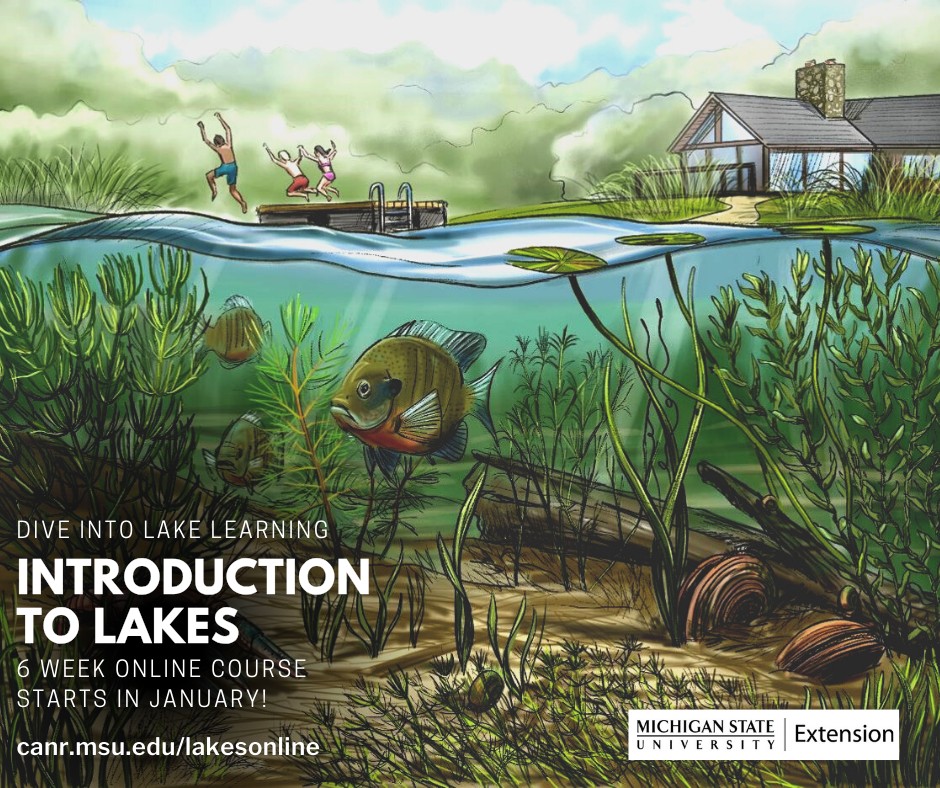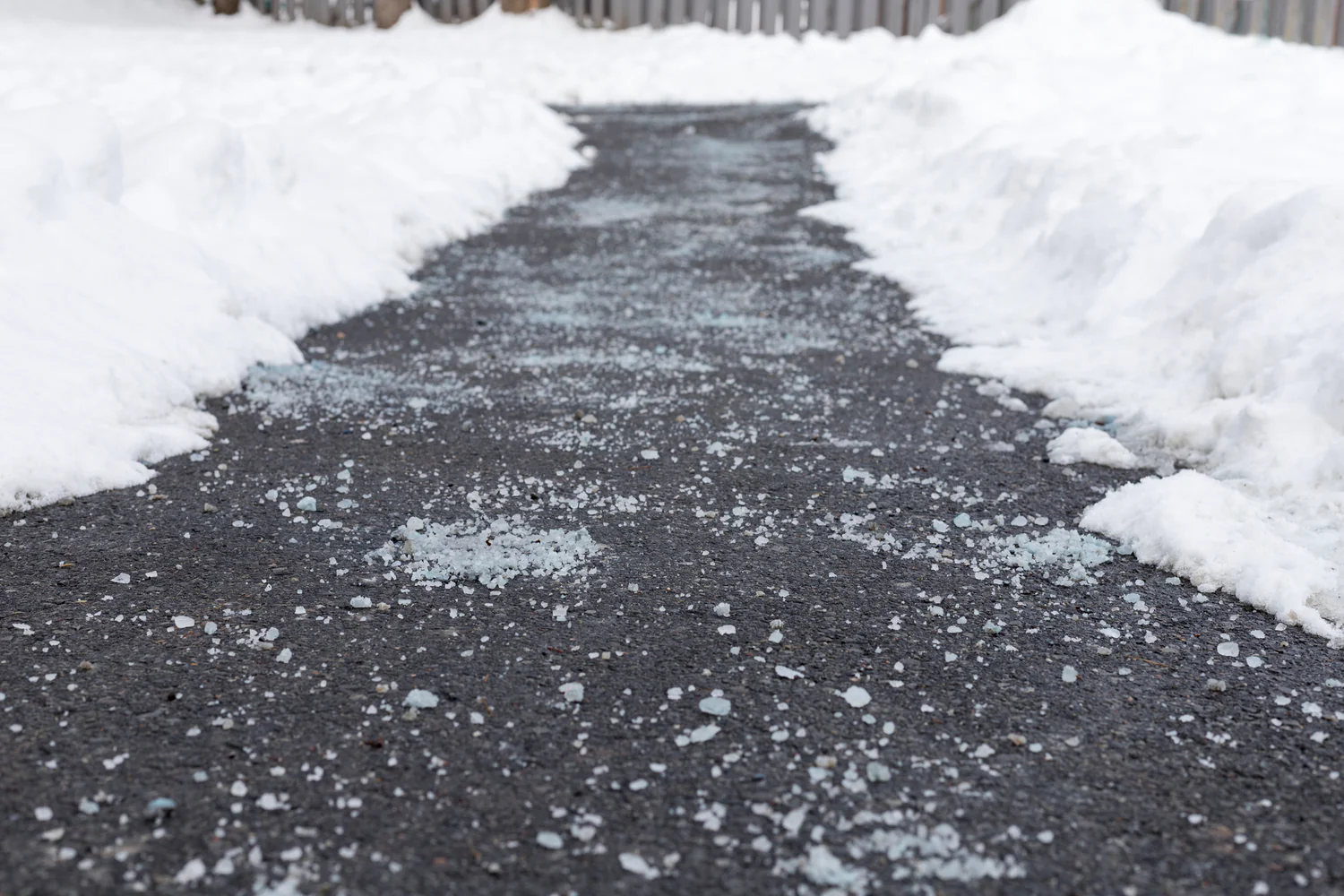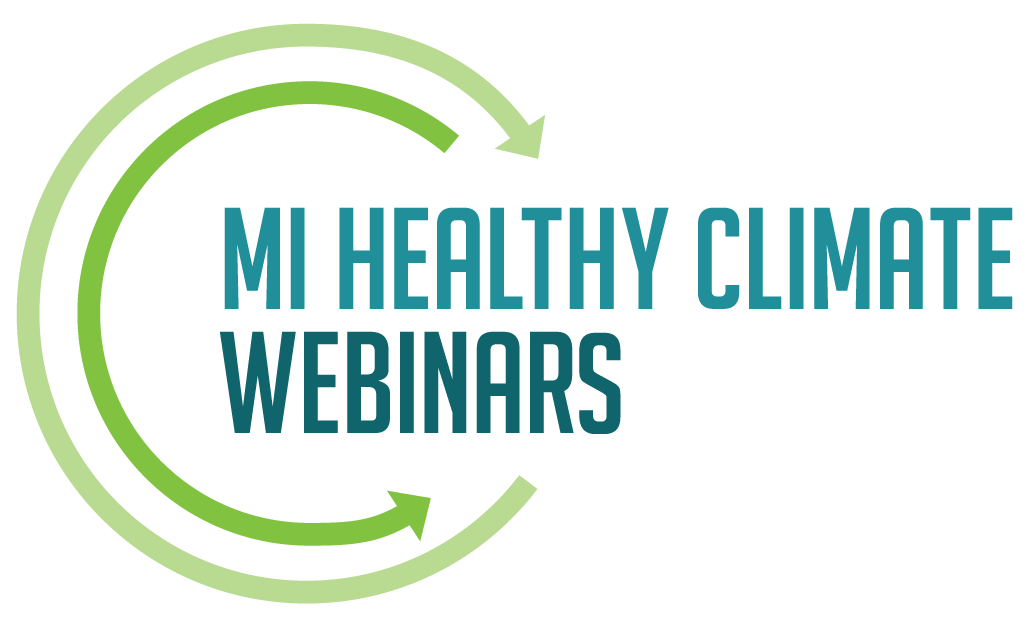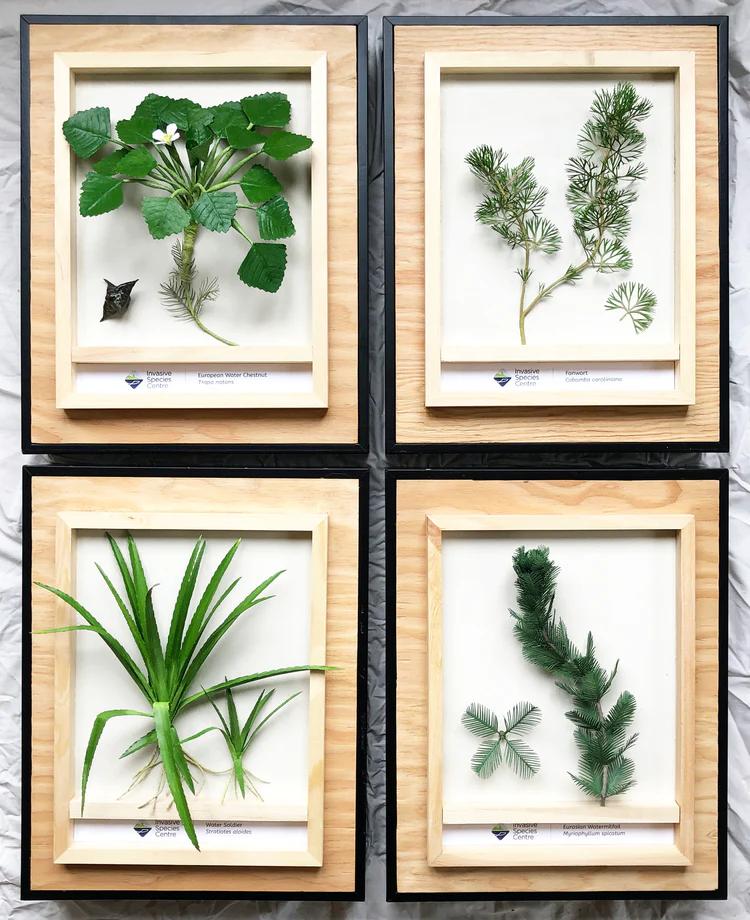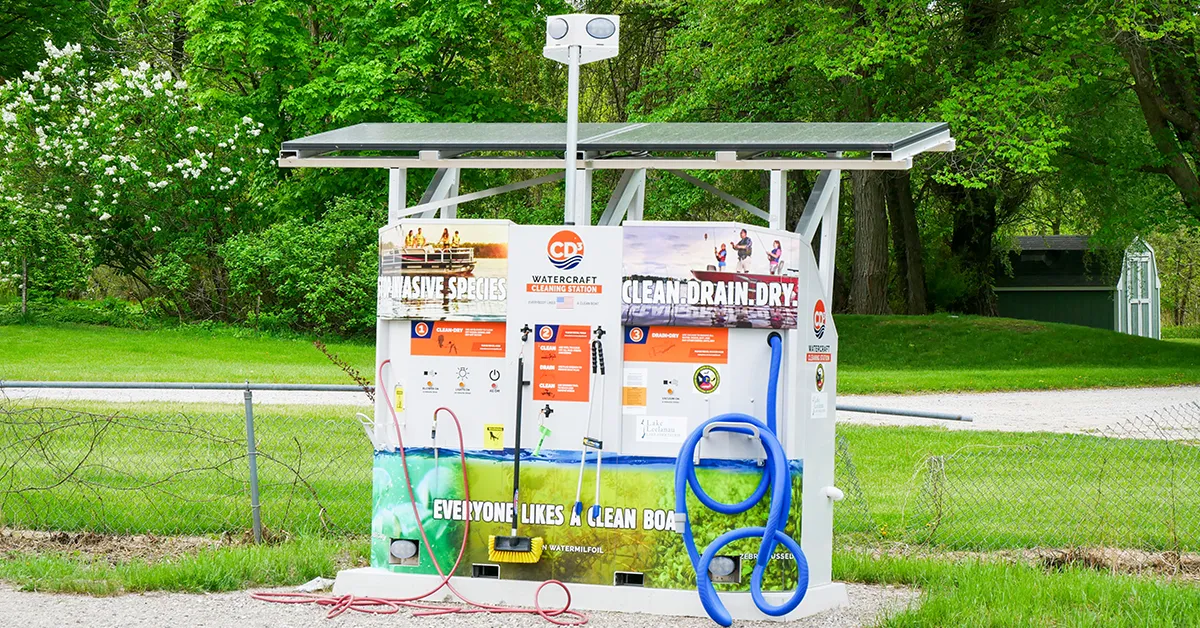Online Webinar
- Events
- Venues
- Online Webinar
Aquatic Invasive Species Webinar: Didymo
Online WebinarJoin the AIS Webinar, "Didymo? How about Didy-less. Collaboration and citizen science to combat rock snot in Michigan" on Wednesday, February 12, at 12 pm EST. Dr. Jordyn Stoll, Aquatic Ecologist with Michigan Trout Unlimited, will be giving a talk through Zoom, with 45 minutes of presentation and 15 minutes saved for questions. In this […]
Winter Waterfowl Webinar: Geese and Swans
Online WebinarWinter is officially weird duck time as dozens of waterfowl species descend upon the Great Lakes, filling areas of open water with their quirks and quacks, making it an excellent time to go birding! Join MI Birds, an outreach program from Audubon Great Lakes and Michigan Department of Natural Resources for a free lunch-hour webinar […]
Southeast Michigan Master Rain Garden Class
Online WebinarDesign your own rain garden step-by-step during class. We teach you *everything* you need to know to create your own rain garden. That includes lessons learned from more than 1,400 rain gardens built by homeowners just like you! Learn what works and what doesn’t. Ask questions in our live class and visit a rain garden […]
Winter Salt Week: Dilution Is Not the Solution
Online WebinarOur understanding around how salt affects freshwater communities continues to evolve. As scientists across disciplines come together to study this pollutant, their work is revealing a host of ecological complexities and cascading impacts. This talk will highlight how “sublethal” concentrations of salt can still be harmful to wildlife and how other environmental factors (predators and […]
Ice Breaker: Herpetofauna as Bioindicators
Online WebinarJoin David Mifsud, certified professional wetland scientist and expert in herpetology, for an engaging presentation on the role of herpetofauna (amphibians and reptiles) as bioindicators of ecosystem health. Learn how these species reflect environmental changes and what their presence—or absence—can tell us about the state of our natural habitats. David Mifsud is the founder of […]
Introduction to Lakes Online Course
Online WebinarIntroduction to Lakes Online is designed for interested individuals, decision-makers, local leaders, resource professionals, and lakefront property owners interested in gaining knowledge about inland lakes and connecting with others who have a similar interest. In this introductory online course, participants will learn about lake ecology, management, and protection through six interactive units. Participants increase their […]
Winter Salt Week: An Eye on Salt Pollution
Online WebinarRoad salt keeps us safe on roads and sidewalks, but it can also pose a threat to fish and wildlife as well as human health. Fish and bugs that live in freshwater streams can’t survive in extra salty water. Water treatment plants are not equipped to filter out the extra salt, so it can end […]
EGLE Virtual Listening Session: Protect Michigan’s Land and Water
Online WebinarEGLE is starting another round of input on implementation of the Michigan Healthy Climate Plan (Michigan.gov/MiHealthyClimatePlan). For this session, we are soliciting input on the priorities across the action areas under “Protect Michigan’s Land and Water,” (working lands/agriculture), including these priority actions to meet our climate goals: • As a part of the national ‘America […]
Art and AIS: Paper Plant Models
Online WebinarAbout the speaker: Linda Hamilton is a paper artist living in Almonte Ontario, Canada. She creates realistic botanical models of plants and flowers using a variety of different papers, glue, wire, and paint. In this webinar: Over the years, Linda has created many pieces for use as identification tools including native and non-native wildflowers, […]
How to Build a Boat Wash Station
Online WebinarThis webinar will examine the steps necessary to develop a boat wash station, including permitting, design, and costs. After the discovery of Eurasian Watermilfoil (EWM) in Lake Leelanau in 2019, the Lake Leelanau Lake Association recognized the need for boat wash stations to prevent the further introduction of invasive species and to limit the spread […]

